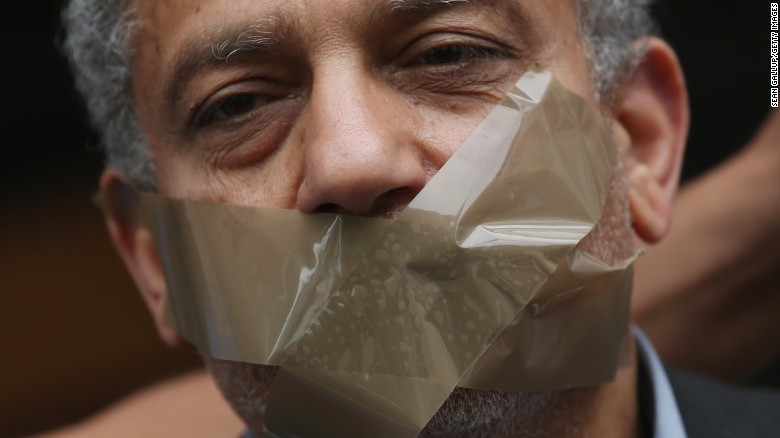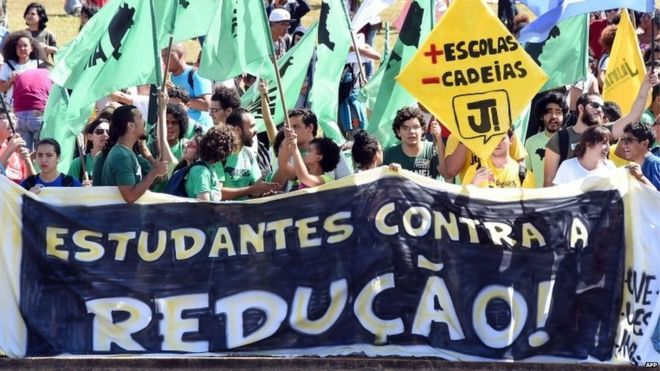By Christine Khamis
Impunity Watch Reporter, Asia
NAYPYIDAW, Myanmar –
More than a month has passed since the Rohingya migrant crisis made international news headlines, but there is still no apparent progress in finding the migrants a permanent home. There is also no sign that Myanmar will seek to correct the conditions from which the Rohingya migrants fled.
In May, international attention was drawn to the Rohingya crisis after journalists took photos of migrants crowded onto boats and stranded in waters near Thailand and Malysia. The migrants were a mix of Rohingya fleeing from persecution in Myanmar and Bangladeshis fleeing from economic hardship in Bangladesh.
Myanmar did allow over 700 migrants to come back ashore in early June. Two of the migrants told Reuters that 200-300 of the migrants who came ashore were Rohingya. The rest were Bengladeshis. The Rohingya were kept inside a warehouse upon coming ashore and the Bangladeshis were driven away in buses. Journalists covering the story were asked to leave.
Myanmar denies that it discriminates against the Rohingya, despite the fact that it does not grant the Rohingya citizenship rights. In the 1990s, Myanmar began issuing “white cards” that gave the Rohingya temporary residence and other limited rights, but not citizenship. White card holders were permitted to vote in Myanmar’s 2008 constitutional referendum and 2010 general elections. In a constitutional referendum earlier this year, however, Myanmarese President Thein Sein cancelled the white cards in response to pressure from Buddhist nationals.
Myanmar has also stated that persecution of the Rohingya is not the cause of the migrant crisis. Myanmar’s Minister of Foreign Affairs Wunna Maung Lwin has pointed to the number of Bangladeshis on the ship that was allowed to come aboard in May as proof that the crisis was a problem related to human trafficking in the region.
At an international meeting on the migrant crisis in May, the United Nations raised the issue of citizenship and other United Nations delegates blamed Myanmar for the crisis. Myanmar responded that it could not be singled out in regard to the crisis.
In early June, President Obama stated that Myanmar’s persecution of the Rohingya needed to come to an end in order for Myanmar to achieve its transition to democracy.
So far, Gambia and the United States have offered to help resettle the migrants.
Australia stated that it would not resettle the migrants. While Japan dedicated $3.5 million in emergency assistance to the migrants, it did not offer to resettle any of the migrants.
Neither China nor India, Asia’s two most populous countries, have offered to help the migrants either. Both China and India border Myanmar and are major trading partners with Myanmar. Neither country has put pressure on Myanmar to reevaluate its discriminatory policies against the Rohingya Muslims.
For China, Myanmar is a top source of foreign investment. Also, since the Rohingya do not have Chinese ethnicity, they are not of much concern to China. At a United Nations Security Council meeting last month, China stated that Myanmar’s treatment of the Rohingya is an internal issue for Myanmar to resolve.
In the past, India has offered aid and resettlement to refugees fleeing from Myanmar, and currently hosts more than 10,000 Rohingya.
Many in India and other Asian countries view the problem of refugees as stemming from Western imperialism. There is therefore a sense in such countries that responsibility for the refugees should be left to the West and institutions like the United Nations High Commissioner for Refugees. Not many of the Asian countries are members of international conventions protecting refugees.
For more information, please see:
New York Times – China and India Are Sitting Out Refugee Crisis – 28 June 2015
Council on Foreign Relations – The Rohingya Migrant Crisis – 17 June 2015
Reuters – Myanmar Says Persecution Not the Cause of the Migrant Crisis – 4 June 2015
Reuters – Myanmar Lands 700 Migrants, U.S. Says Rohingya Should be Citizens – 3 June 2015

